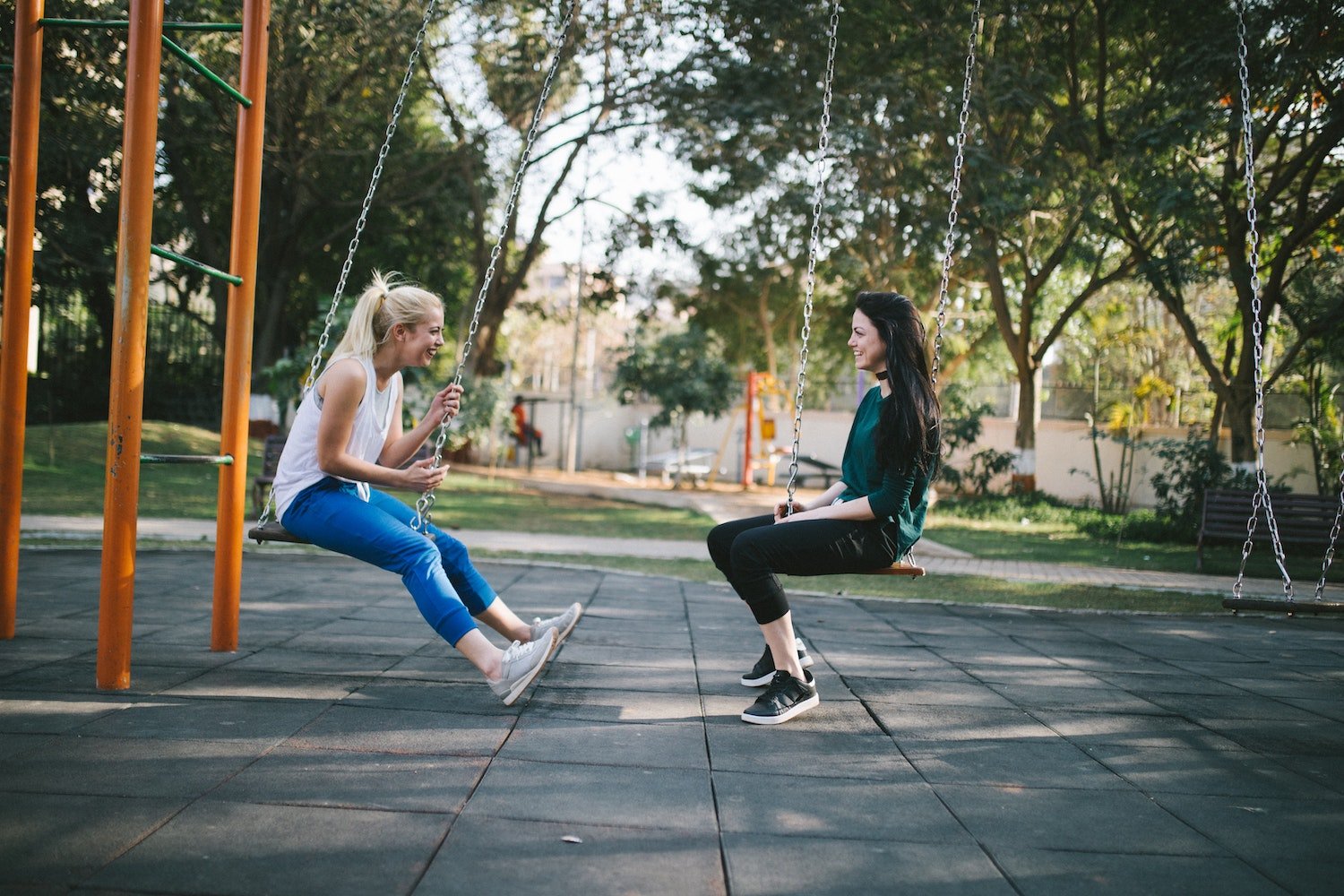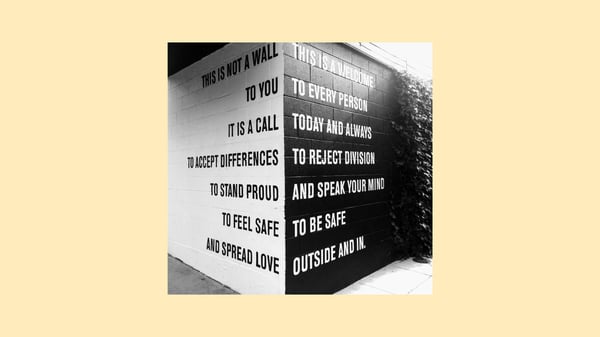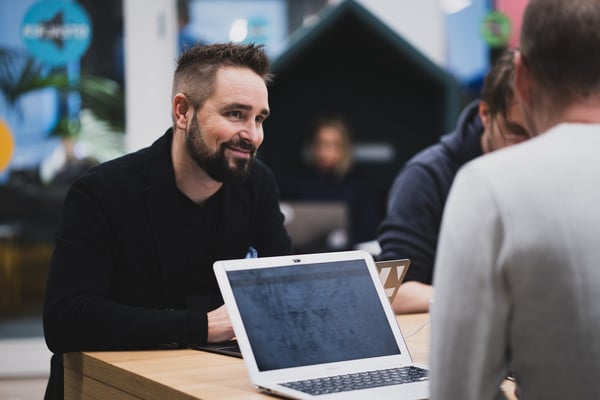The Green Book of Lyyti is our cultural code, and one thing it emphasises is the importance of teamwork. Instead of believing in individual superstars, we believe in the positive impact of high-quality teamwork. Great teams create a great business. Making this happen is the responsibility of each and every Lyytian.
Why do we need well-functioning teamwork?
Teamwork is an integral part of any organisation. It is a way of working together to achieve a common goal, and it can be beneficial to organisations in myriad ways. As such, it should be a key part of any organisation’s strategy for success.
Well-functioning teamwork has an interesting effect on organisations. It can increase productivity and creativity and result in higher-quality work. Teamwork also helps to foster a sense of camaraderie that leads to higher job satisfaction. Knowing someone will have your back in a pinch decreases stress and keeps the workplace environment healthy.
More than that, teamwork can help to foster an atmosphere of trust. When employees work together and trust each other, they can become more open and honest with each other. This can lead to better communication, which in turn can result in improved decision-making and problem-solving. This is what Lyytians protect and nurture fiercely.
How do we achieve our teamwork goals?
We have created our own team development model that all Lyyti teams follow. It is, by large, based on Patrick Lencioni’s book The Five Dysfunctions of a Team. But before jumping into Lencioni’s five steps, we always make sure we have a solid foundation for successful teamwork. That means all teams first commonly agree on the following topics:
-
The team’s shared inspirational goal.
-
Team’s roles & responsibilities.
-
A set of team rules and sanctions.
-
How the team emphasises value-based behaviour.
-
Clear and efficient meeting practices.
After setting the base, teams start climbing the five steps of Lencioni’s model: trust, conflict, commitment, accountability, and results. There are no shortcuts here; climbing the steps requires a lot of effort and consistent work. When the team gets new members, you start from the beginning.
Trust leads to results
The core idea of this model is that first, teams must build trust. When they trust each other, they more easily have constructive conflict. Constructive conflict is needed to air all opinions openly and then make smart decisions. After a constructive conflict, it’s easier to commit to team decisions, even if disagreeing in the beginning. Commitment is followed by accountability. That means openly holding each other accountable for their actions and hence ensuring the team works at the highest possible level. Finally, and only finally, the focus is turned to the results. In practice, that step means making sure the team focuses on team results instead of individual results.
The team development model also requires our teams to keep team development systematically on their agenda and measure Lyyti Team Health Score at least once a year. The score gives every team a clear picture of how they are doing as a team in terms of each of Lencioni’s five steps. We are currently also developing the model a bit and planning on adding two more topics to the team development agenda:
-
What are the team’s relationship and procedures with the customers?
-
What are the team’s relationship and cooperation models with other teams?
A practical example from Lyyti’s management team
At Lyyti’s management team, we have followed this model for years. Team development is always prioritised as a topic in our offsites which are organised three to four times a year. We have done several trust exercises, where we have, for example, openly discussed the most challenging events in our work and private lives. These discussions tend to be extremely deep and meaningful.
Often teams must start with something rather simple, e.g. explaining personal behaviour in a team. But with more experience, it is possible to speak extremely honestly about the biggest pain points of everyone’s lives. We have done that over and over again and it has taken the psychological safety of the team on a whole other level.
Accountability exercise is another step that can often be quite challenging. That is because for many people it is not easy to tell face-to-face what you do not like about your teammates' behaviour. But these exercises genuinely help and make a difference in the team’s work. We once did that exercise outside during winter in Lapland when it was minus 10 degrees. The surrounding environment was incredible (and cold), but we focused on giving concrete, constructive and positive feedback about each others’ behaviour in the team. That was a powerful experience for the team.
These exercises have helped us make all of Lencioni’s model’s steps normal and routine for us. And when doing so, built a team that is stronger than ever. But that has required a lot of effort from everyone in the team. After all, team development is not just about the exercises, but what we all do every day.
What is the role of an individual?
We state in the Green Book of Lyyti that everyone affects and builds our culture every single day. So also, when it comes to developing our teamwork, it is the responsibility of all team members to create the best possible team. No team member can be a passive object; instead, they all must be active subjects of this matter. There are no free passes available. A clear development model makes this a lot easier as individuals get detailed instructions on what to do. And when you get to experience working in a great team, you are never again willing to compromise from this.
In case you are willing to hear more about how we do this, please contact me directly at tino@lyyti.com.
Hero photo: Bewakoof.com Official on Unsplash
***
If you want to see how Lyyti can help you create great event experiences, we suggest you watch our demo!









